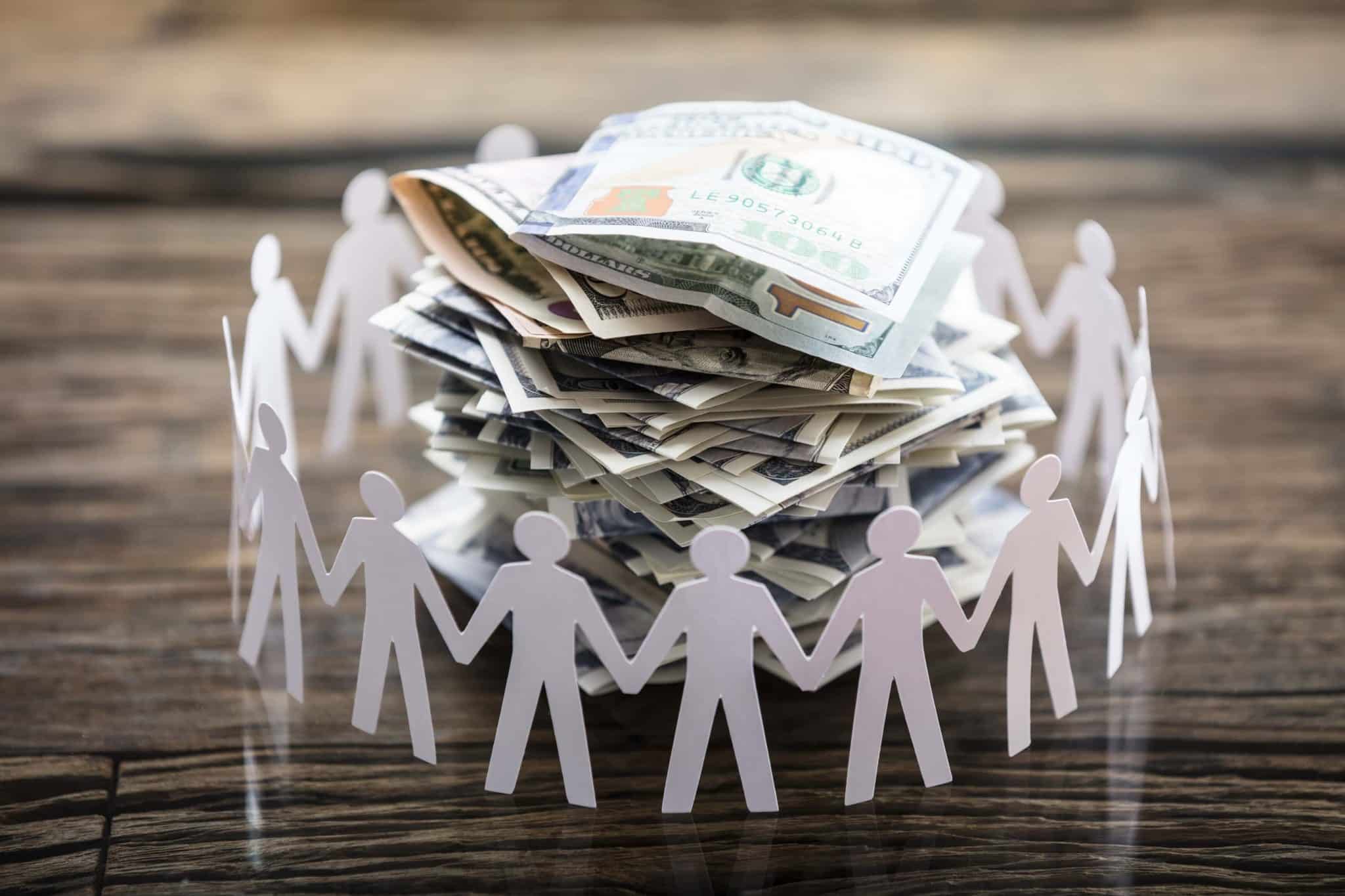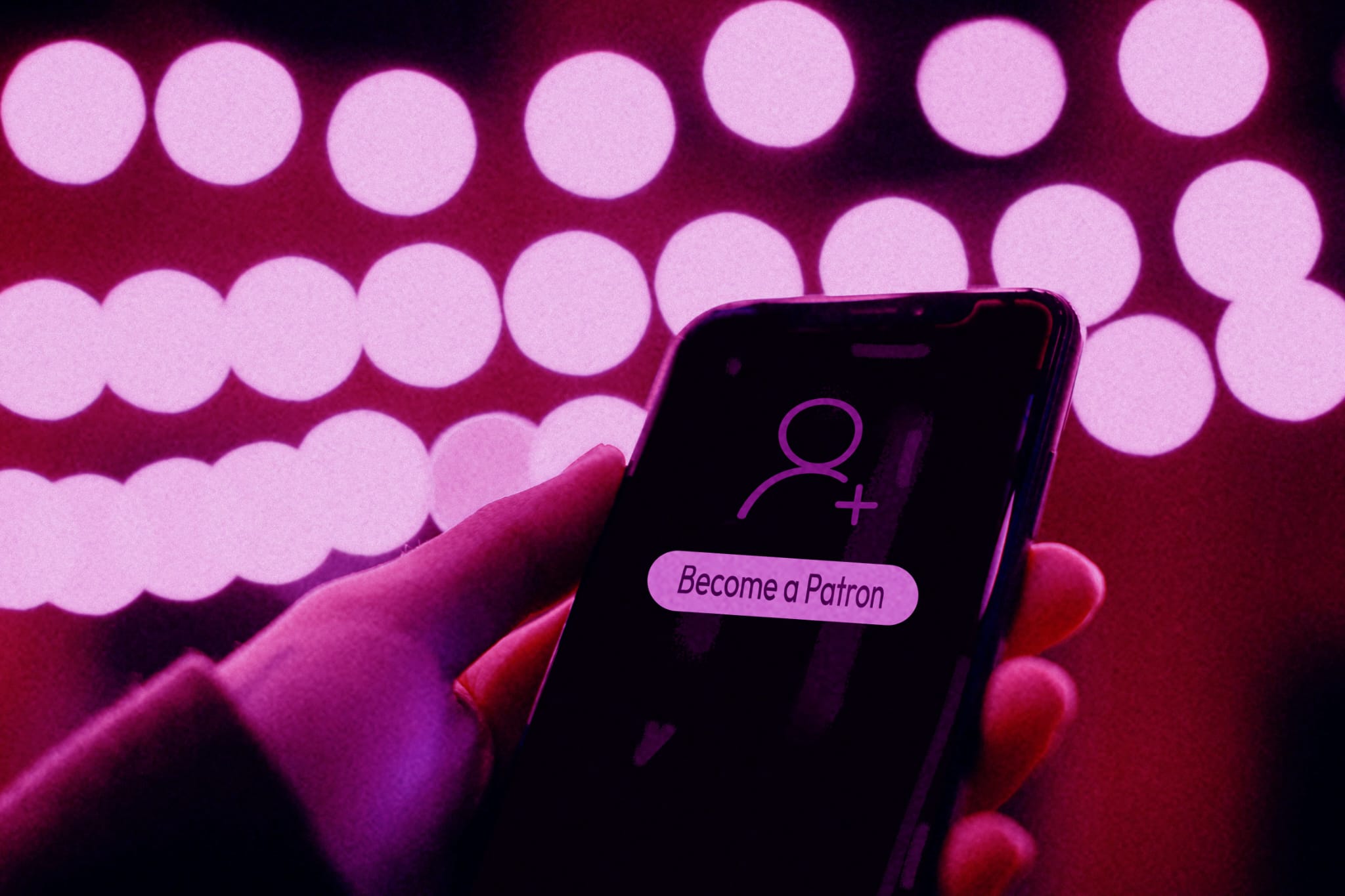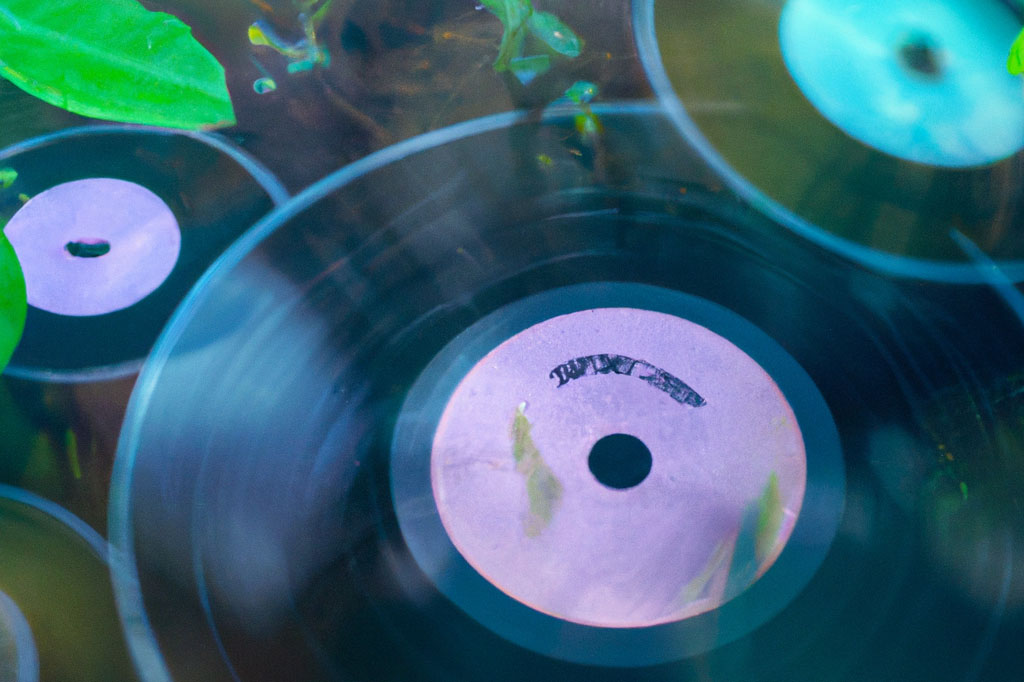The Rise of Fan Subscriptions in the Changing Music Landscape
It’s safe to say that the music industry landscape has changed significantly in recent years. Life-changing label advances are becoming less common, and independent musicians have more tools than ever to reach an audience.
As a result, fan subscriptions, powered by platforms like Patreon, have emerged as a lucrative way for musicians to sustain their careers. Not only that, but fan subscriptions are a good way to recognise who your superfans are and build a community. So, why are fan subscriptions important in today’s industry? And more importantly, are fan subscriptions the right source of revenue for you?

Fan subscriptions for musicians: Why are they important?
In an era where social media’s organic reach is becoming increasingly limited and streaming platforms don’t generate enough income for the average artist, fan subscriptions and platforms like Patreon are a way for artists to connect with their audience and monetise their work.
Direct-to-fan connection
Perhaps one of the biggest advantages of fan subscriptions and platforms such as Patreon is the ability to bypass algorithms. They offer musicians a direct line of communication with their superfans and the opportunity to build a solid community that can support them throughout their careers.
By eliminating unpredictable social media algorithms, artists can connect with their fans one-on-one. Fans can also engage with each other, building loyalty to the musician and their work as well as a sense of community and belonging. It also provides the artist with a safe space to share exclusive content and more niche material, without having to consider what the algorithm favours.
Sustainable income in the algorithm era
Digital platforms have transformed the way audiences discover and consume new music. While the digital age has democratised the music industry, it has also posed significant challenges to artists. These include low streaming pay-outs, touring burnout and massive oversaturation of streaming and social media platforms.
Fan subscriptions offer an interesting solution to the financial challenges most artists face throughout their careers. By directly monetising their superfans, musicians can rely less on these sources of revenue and enjoy a sense of financial stability in a very unpredictable industry.
Creative autonomy
Traditionally, artists relied on labels to make albums happen, often compromising creative autonomy in the process. With platforms like Patreon, musicians can get a financial head start directly from their fans, allowing them to pursue their artistic visions without relying on a label to do so. This kind of independence is invaluable. Not only do artists have the ability to push artistic boundaries, but they also have complete ownership and creative control over the work they produce.
Cultivating a dedicated community
Cultivating a community has always been important, but for musicians operating in this algorithm age, it’s absolutely crucial. Fan subscription platforms like Patreon provide a structure environment for artists like you to nurture a community. Subscribers or patrons become stakeholders in your journey, creating a sense of “ownership” and pride in your journey and success. This community-centric approach is not only financially beneficial, but also boosts the fan experience and word of mouth recommendations.

How does Patreon work?
Patreon is a fan subscription platform that allows members to make money directly through recurring payments from their fans. With features such as different subscription tiers, rewards and exclusive content, Patreon is an invaluable tool for musicians looking to monetise their fan base.
One of Patreon’s most distinctive features is its subscription tiers. Rather than forcing your fans to pay $X per month, you can set up different subscription tiers with different rewards. By offering a range of price points, you cater to varying spending powers within your fan base. You can then offer different rewards and perks depending on the tier, ensuring that your fans feel valued for spending their hard-earned money on your project.
Unlike traditional crowdfunding platforms, where you have to achieve a specific goal within a certain timeframe, Patreon and similar platforms focus exclusively on recurring payments. This allows for ongoing support, rather than campaign or project-oriented funding.
What to consider before starting a Patreon (or similar platform)
Fan subscriptions can be a great way to generate a sustainable income. However, there are various things you need to consider before starting a Patreon and deciding whether it’s the right revenue stream for you.
Patreon and similar platforms take a cut: All these platforms take a percentage (which varies according to the platform) of your earnings, so you’ll never receive the full amount your fans have sent you.
You need an established following: Unlike social media platforms that can help with audience discovery, fan subscription platforms are primarily designed as engagement tools for existing fans. Therefore, this revenue stream might not be worth the effort if you’re just starting out.
You need to produce content constantly: Patreon and similar platforms have a chronological feed. This eliminates the evergreen nature of content, which means that you’d have to produce exclusive content on a regular basis. And since 80% of patrons expect at least one new piece of content per week, it can get pretty hectic. Therefore, you need to make sure you have time for it.
You need to understand the legal and financial T&Cs: Before signing up, it’s important to familiarise yourself with the fan subscription platform’s terms and conditions. Check the tax implications of receiving income via the platform. You also need to make sure that the content you’re planning to post complies with the platform’s copyright and licensing regulations.
You need a promo strategy: Starting a Patreon is all good, but how can people sign up if they don’t know about it? Make sure you have a promotional strategy in place before starting a Patreon to ensure that you have a solid foundation – and subscriber base – for your platform.
Final thoughts
Starting a Patreon might not be for everyone. However, in the face of a changing landscape, fan subscription platforms serve as a lifeline for many mid-tier and independent artists, enabling them to engage their fan base and help make their mark on the music industry.
As algorithms on mainstream social media platforms evolve and streaming royalties present uncertainties, artists are seeking alternative ways to “make it.” Patreon and fan subscription platforms provide a space where artists can call the shots, define their narrative, and invite their audience to be active participants in their musical journey.






